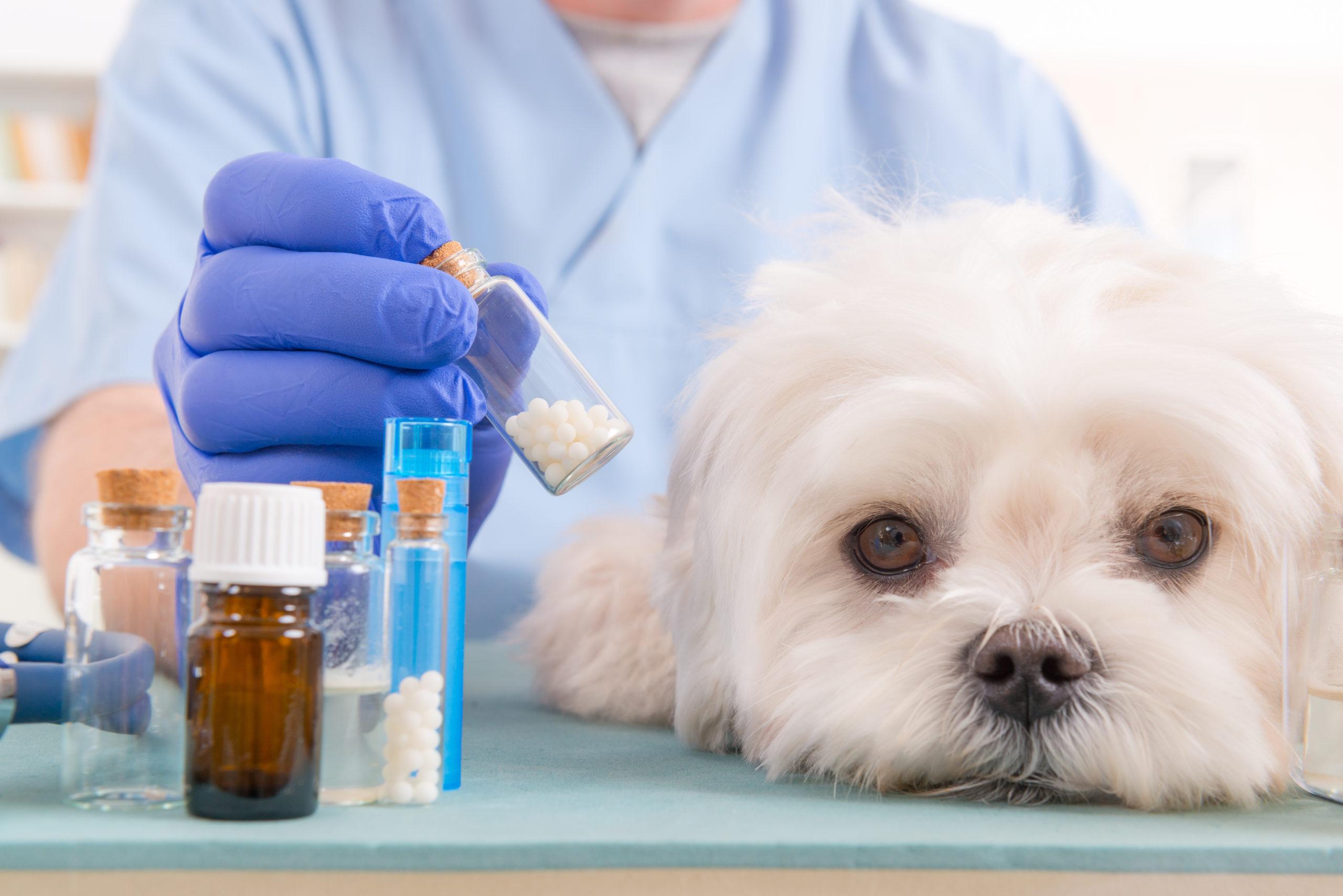Introduction:
In the intricate world of pet care, maintaining the health and well-being of our beloved furry companions is paramount. Just as humans require medications to manage various health conditions, pets too may need pharmaceutical interventions to address illnesses, alleviate discomfort, or enhance their quality of life. Welcome to the realm of pet pharmacy, where specialized medications cater to the unique needs of our animal friends.
Understanding Pet Pharmacy:
Pet pharmacy encompasses a wide array of medications specifically formulated for animals. From dogs and cats to birds, reptiles, and Pet Pharmacy exotic pets, each species may require distinct pharmaceutical solutions tailored to their physiology and health requirements. These medications may range from antibiotics and pain relievers to supplements and behavioral aids, all designed to address the diverse health concerns of pets.
Importance of Pet Pharmacy:
Ensuring access to quality pharmaceuticals for pets is vital for maintaining their health and longevity. Just like humans, animals may suffer from various ailments such as infections, allergies, chronic conditions, and behavioral issues. Proper medication not only alleviates their suffering but also promotes a higher quality of life. Moreover, pet pharmacy plays a crucial role in preventive care, with medications like flea and tick preventatives, heartworm preventatives, and vaccines helping to safeguard pets from potential health threats.
Types of Pet Medications:
Pet medications come in various forms to accommodate different administration methods and dosage requirements. Common forms include tablets, capsules, liquids, injectables, topical creams, and even flavored chews or treats for easier administration. Additionally, some medications are available in compounded forms, allowing for customized formulations tailored to individual pet needs, such as adjusting dosage strengths or combining multiple medications into a single dosage form.
Accessing Pet Medications:
Pet medications are typically available through licensed veterinarians or specialized pet pharmacies. Veterinarians play a central role in prescribing medications based on a thorough assessment of the pet's health status and medical history. They may dispense medications directly from their clinics or provide prescriptions that can be filled at external pharmacies. Online pet pharmacies have also become increasingly popular, offering convenience and a wide selection of medications delivered directly to pet owners' doorsteps.
Safety and Regulation:
The safety and efficacy of pet medications are regulated by government agencies such as the Food and Drug Administration (FDA) in the United States. Veterinary-specific medications undergo rigorous testing to ensure they meet quality standards and are safe for animal use. Pet owners should always follow their veterinarian's instructions regarding medication administration, dosage, and frequency to prevent adverse reactions or interactions with other medications.
Challenges in Pet Pharmacy:
Despite advancements in pet pharmaceuticals, challenges persist in the field of pet pharmacy. These may include medication compliance issues, especially with finicky pets reluctant to take medications, as well as the cost of veterinary medications, which can sometimes be prohibitive for pet owners. Additionally, ensuring the availability of specialized medications for less common species or exotic pets can pose challenges for both veterinarians and pet pharmacies.
Conclusion:
In conclusion, pet pharmacy plays a vital role in safeguarding the health and well-being of our animal companions. Access to quality medications tailored to their specific needs is essential for addressing health concerns, managing chronic conditions, and promoting preventive care. By working closely with veterinarians and utilizing the services of reputable pet pharmacies, pet owners can ensure their furry friends receive the medications they need to lead happy, healthy lives.
